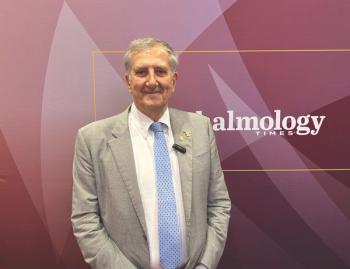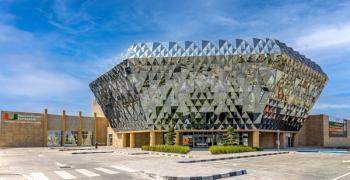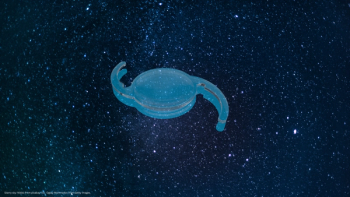
Laser refractive cataract surgery: Benefits in the eye of the beholder
Controversy continues over whether the femtosecond laser provides advantages in cataract surgery that justify its added cost.
Dr Arshinoff, clinical instructor, Department of Ophthalmology, University of Toronto, Ontario, Canada, and adjunct assistant clinical professor of ophthalmology, McMaster University, Hamilton, Ontario, Canada, explained his viewpoint on LRCS with reference to the evolutionary concept of the 'non-zero sum'. The idea, as stated by Robert Wright, is that the world tends to amalgamations in endlessly increasing complexity, as long as the sum of benefits to the amalgamating parties exceeds zero.
However, he contended the same cannot be said for femtosecond lasers in cataract surgery.
"It is clear to me that there is an advantage of using the laser to soften the lens and thereby reduce phaco energy use, especially in eyes with dense cataracts," Dr Arshinoff said. "However, whether the laser is better for capsulotomy and making the cataract incisions is still debatable considering reports of increased capsule tears with laser capsulotomies and laser surgical incisions that don't seal as well as those made with diamond knives.
"Furthermore, while the refractive predictability may be better using the laser for LRIs, surgeons can easily adjust the outcome of a manual procedure at the slit lamp," he explained.
Newsletter
Get the essential updates shaping the future of pharma manufacturing and compliance—subscribe today to Pharmaceutical Technology and never miss a breakthrough.




























